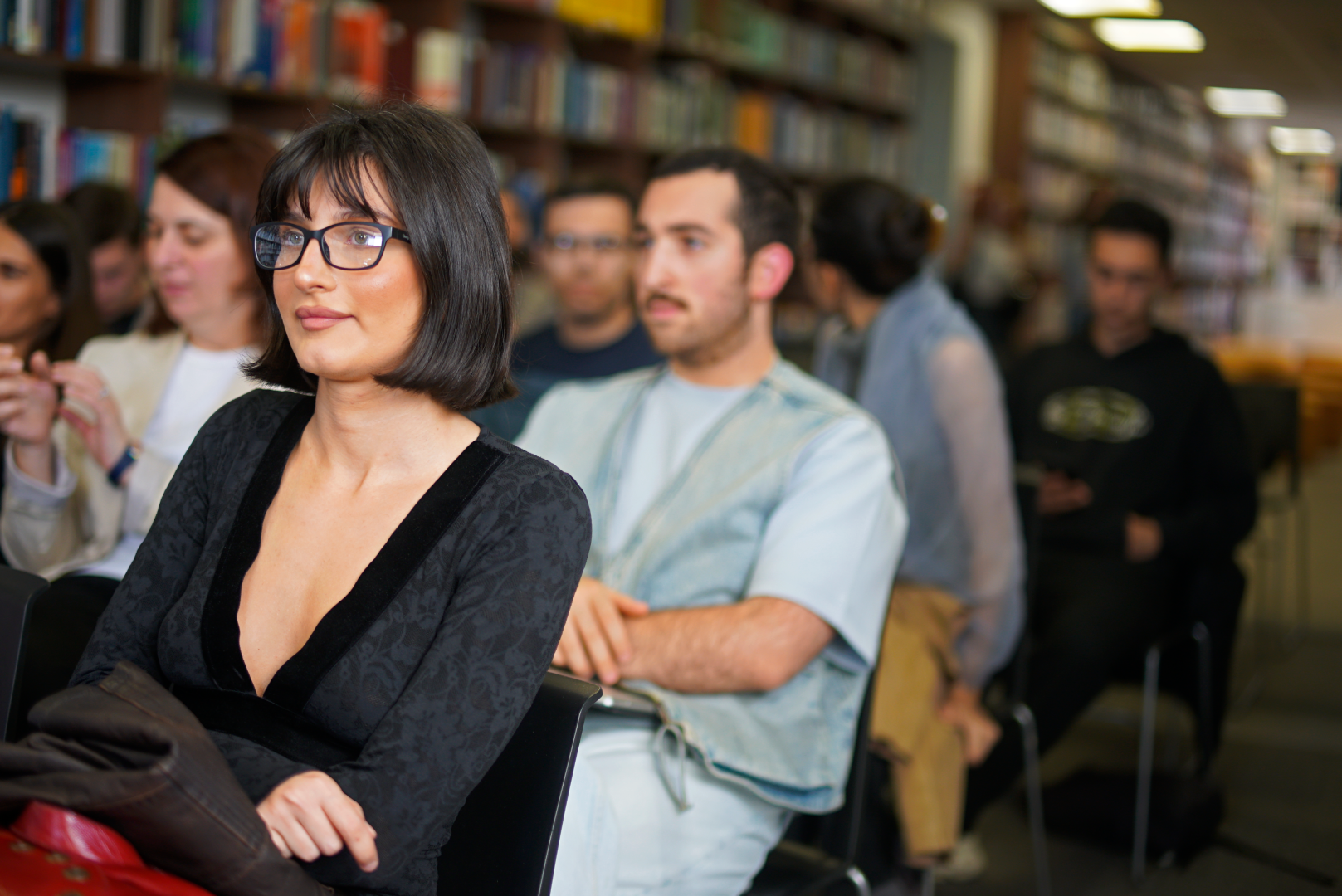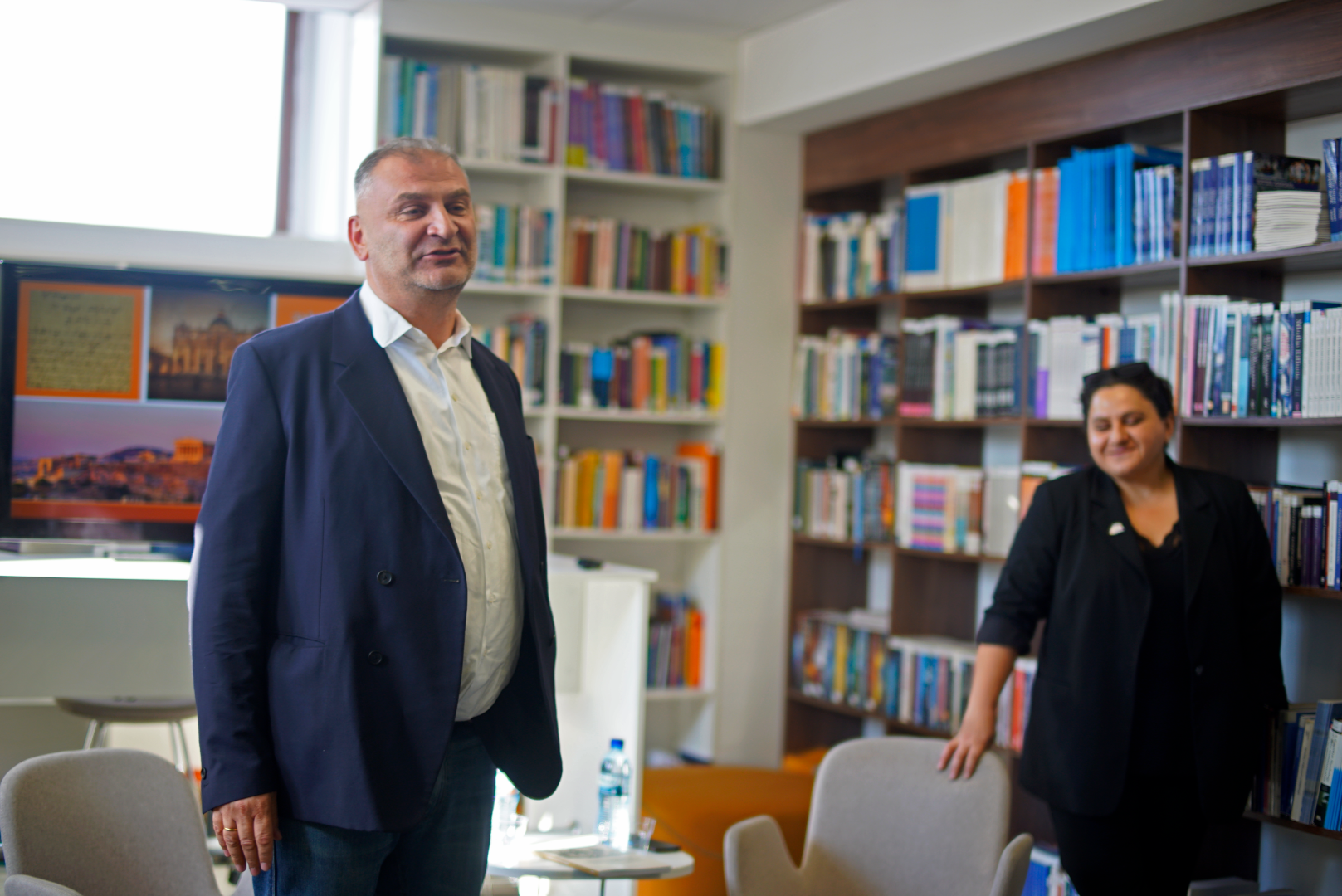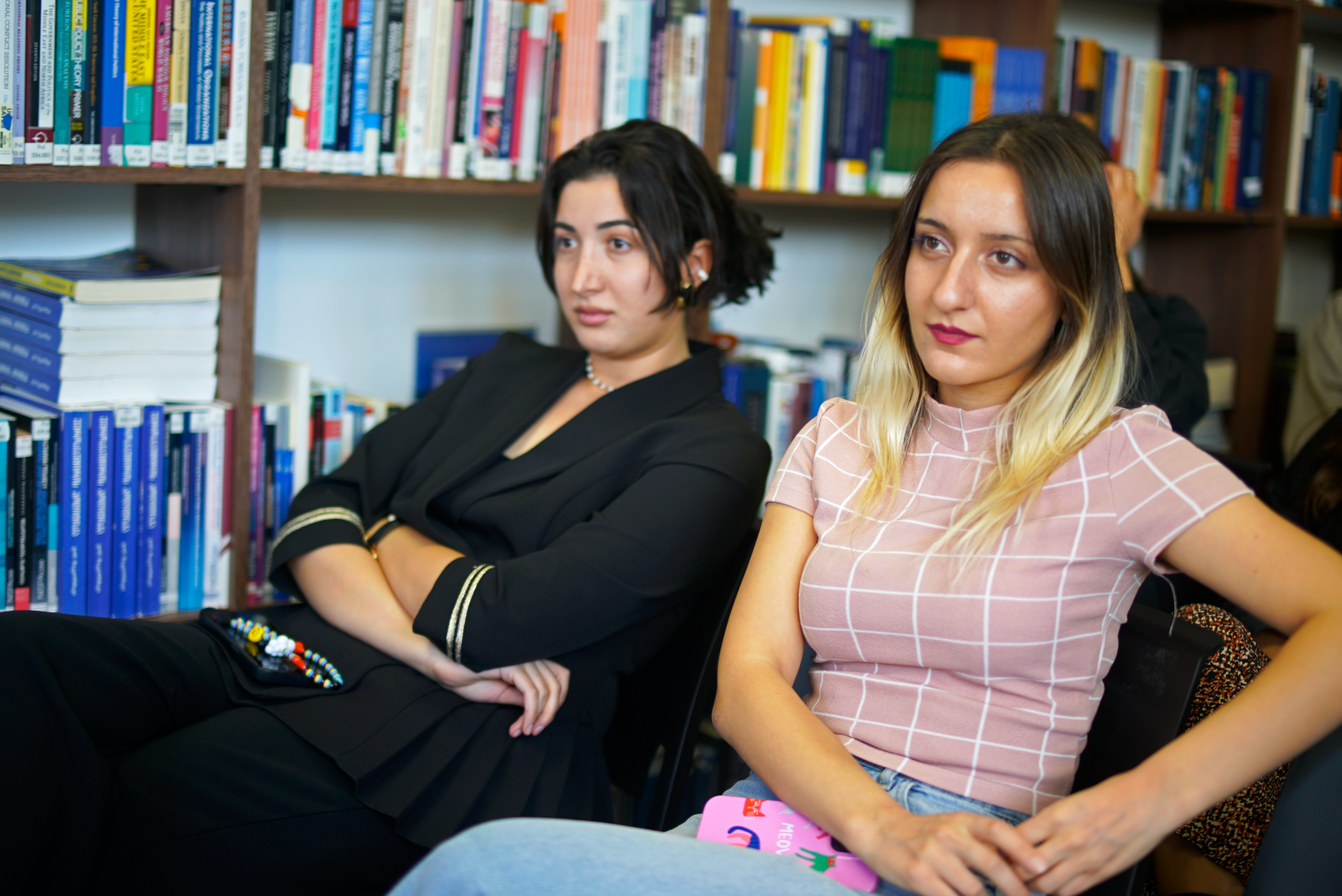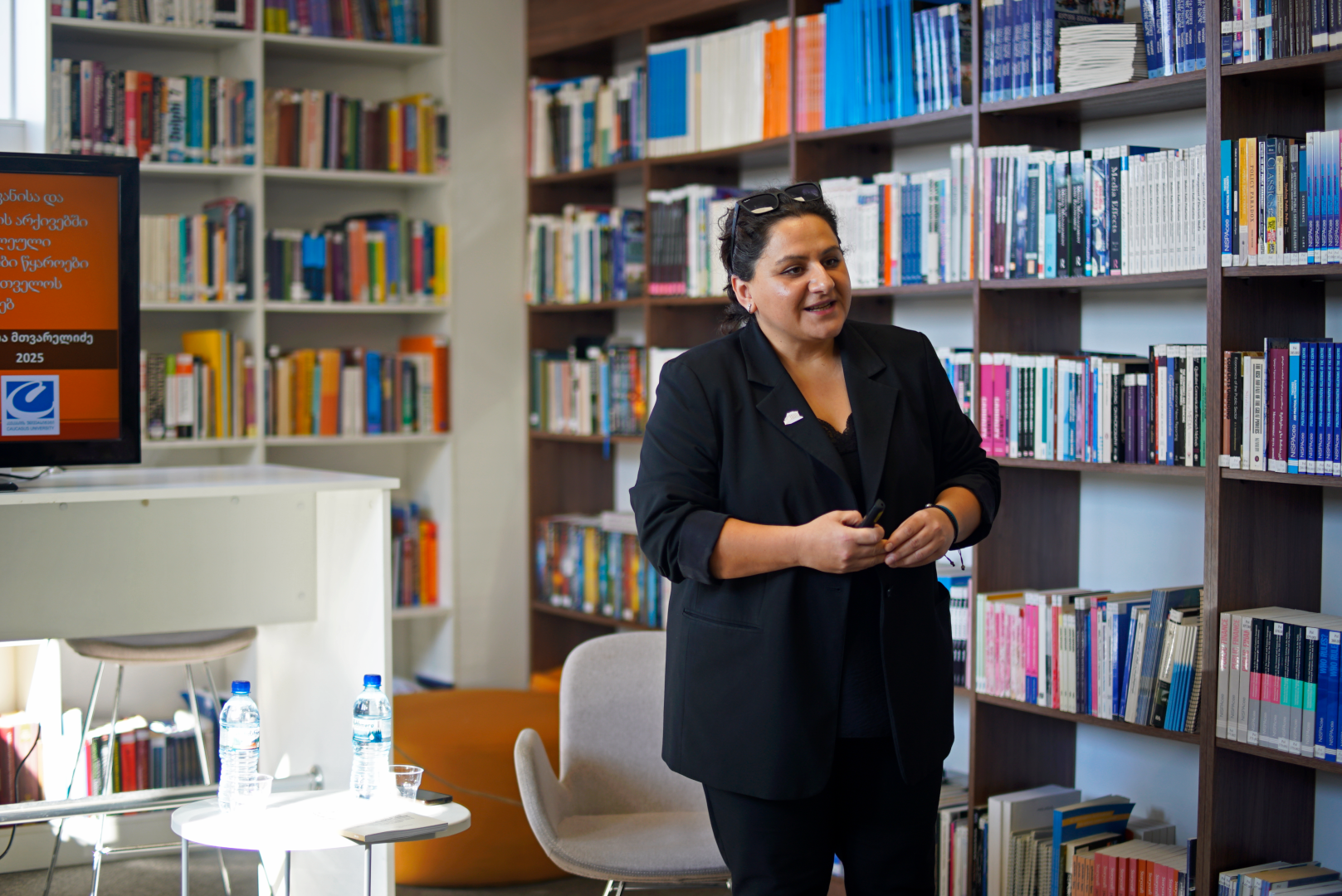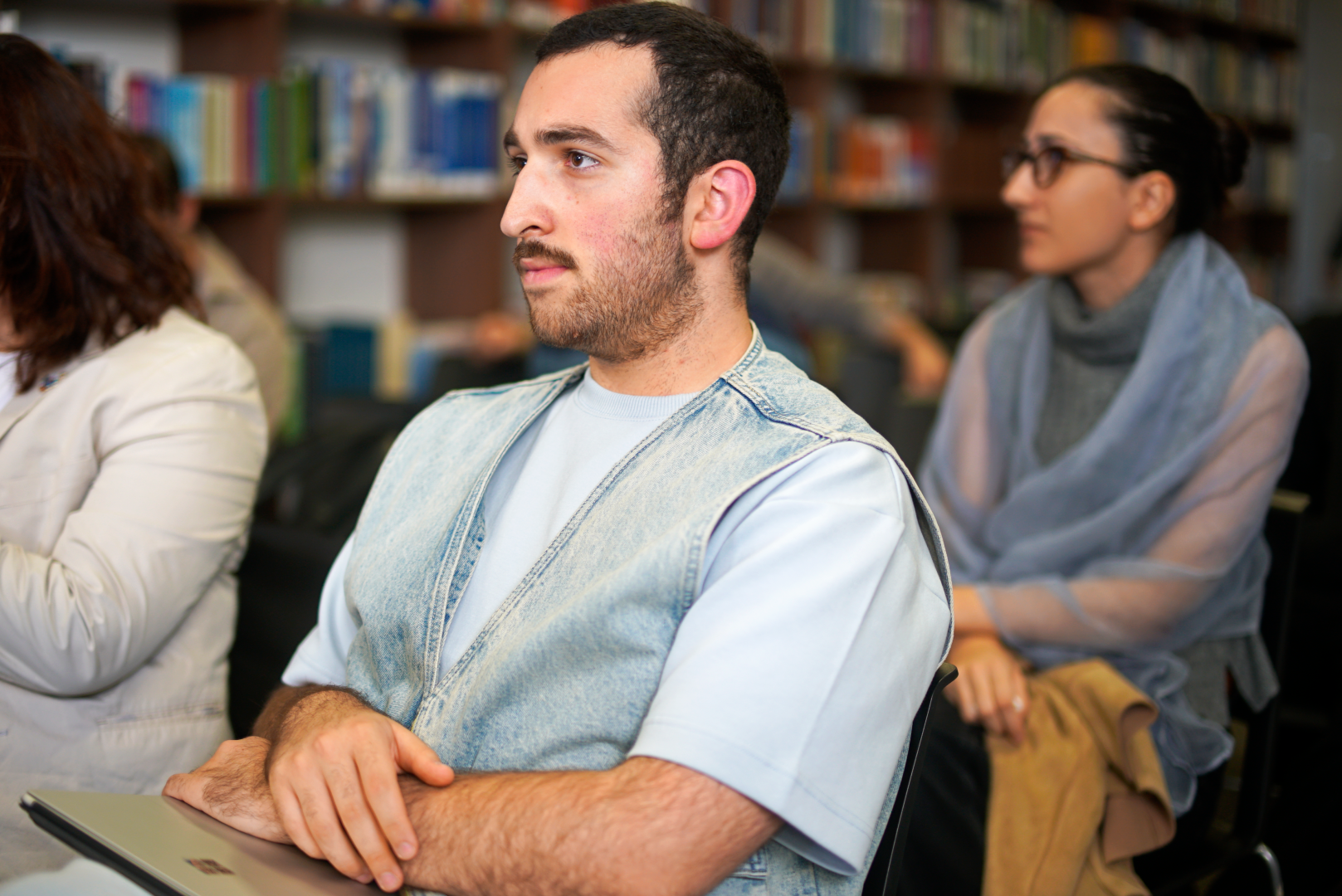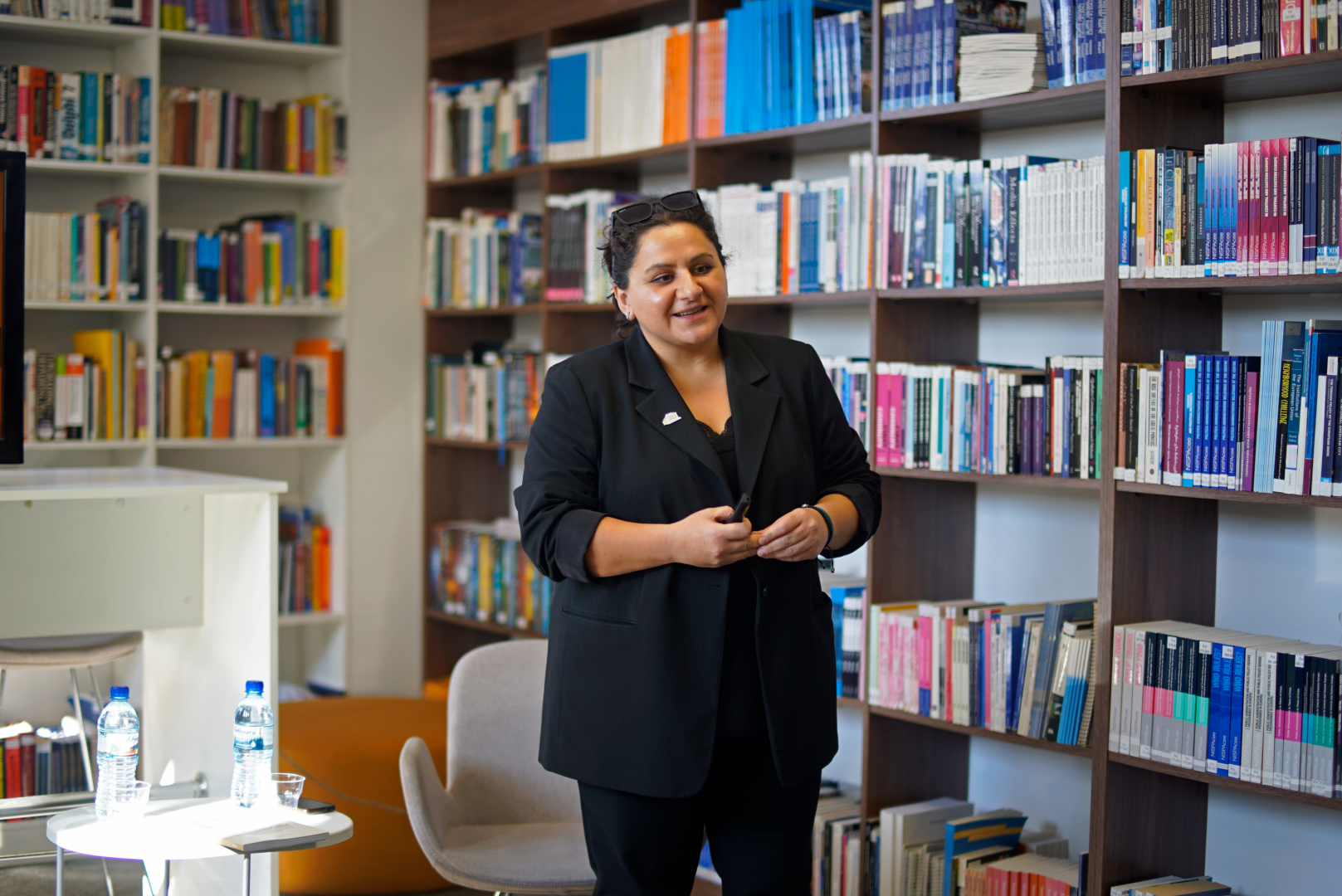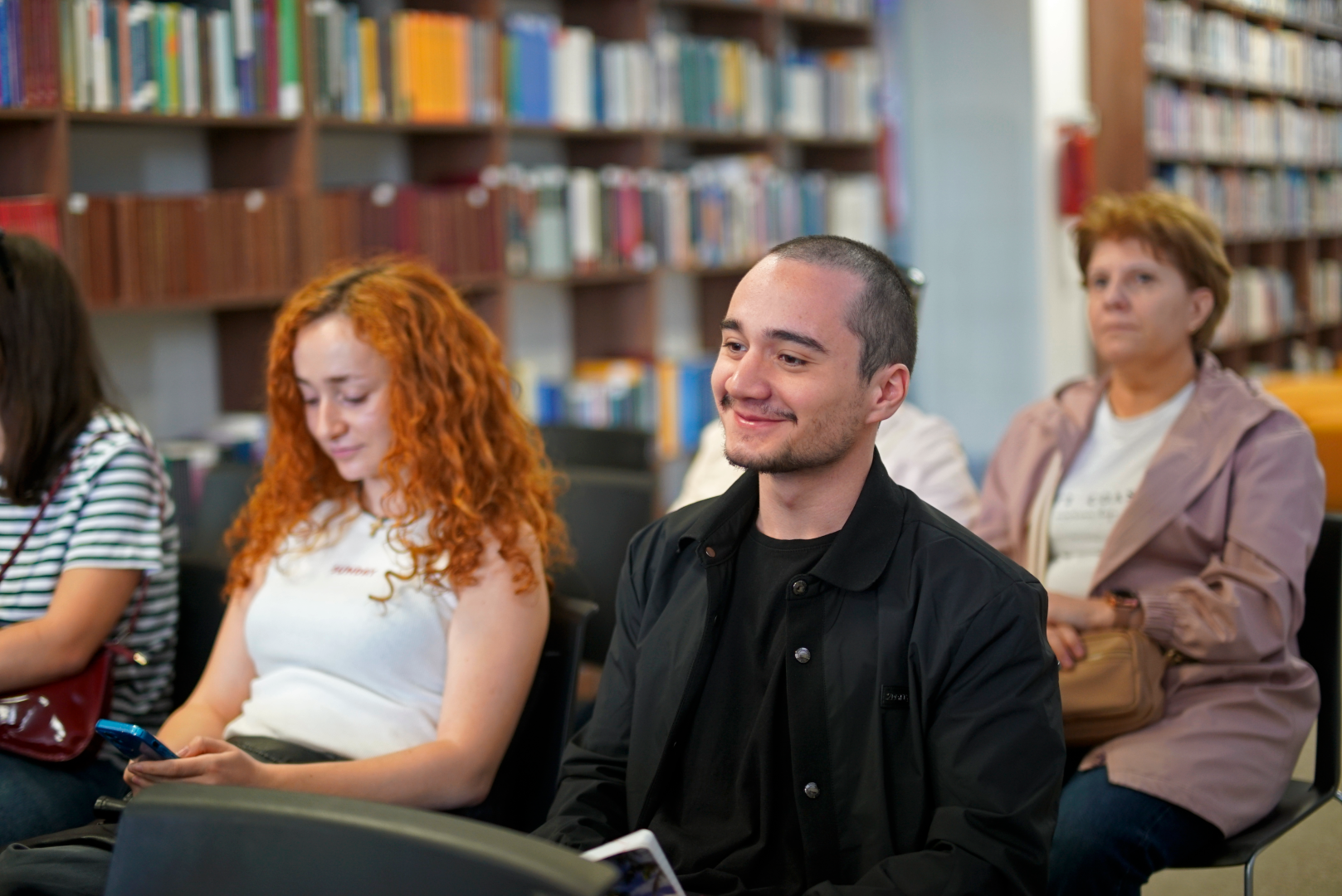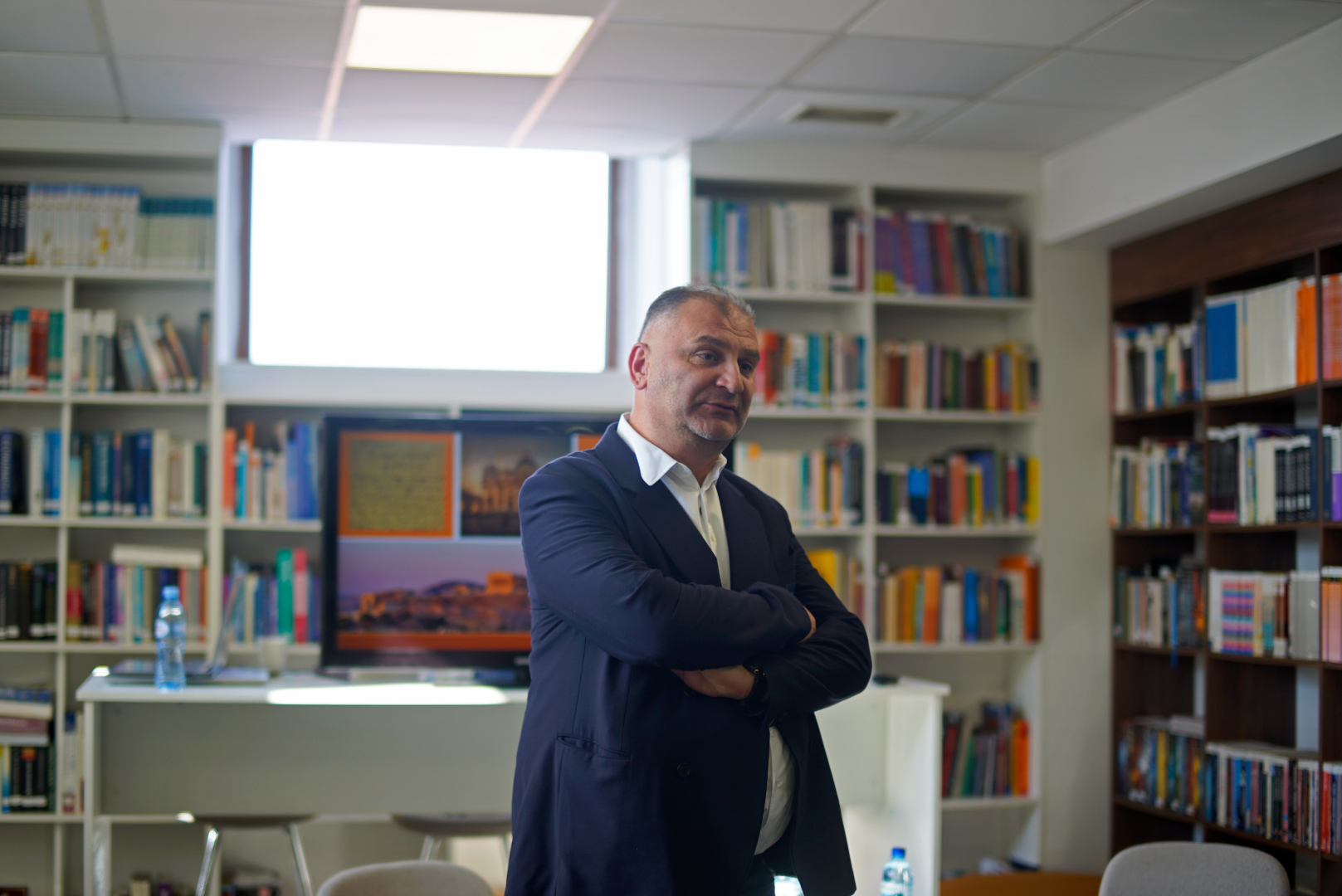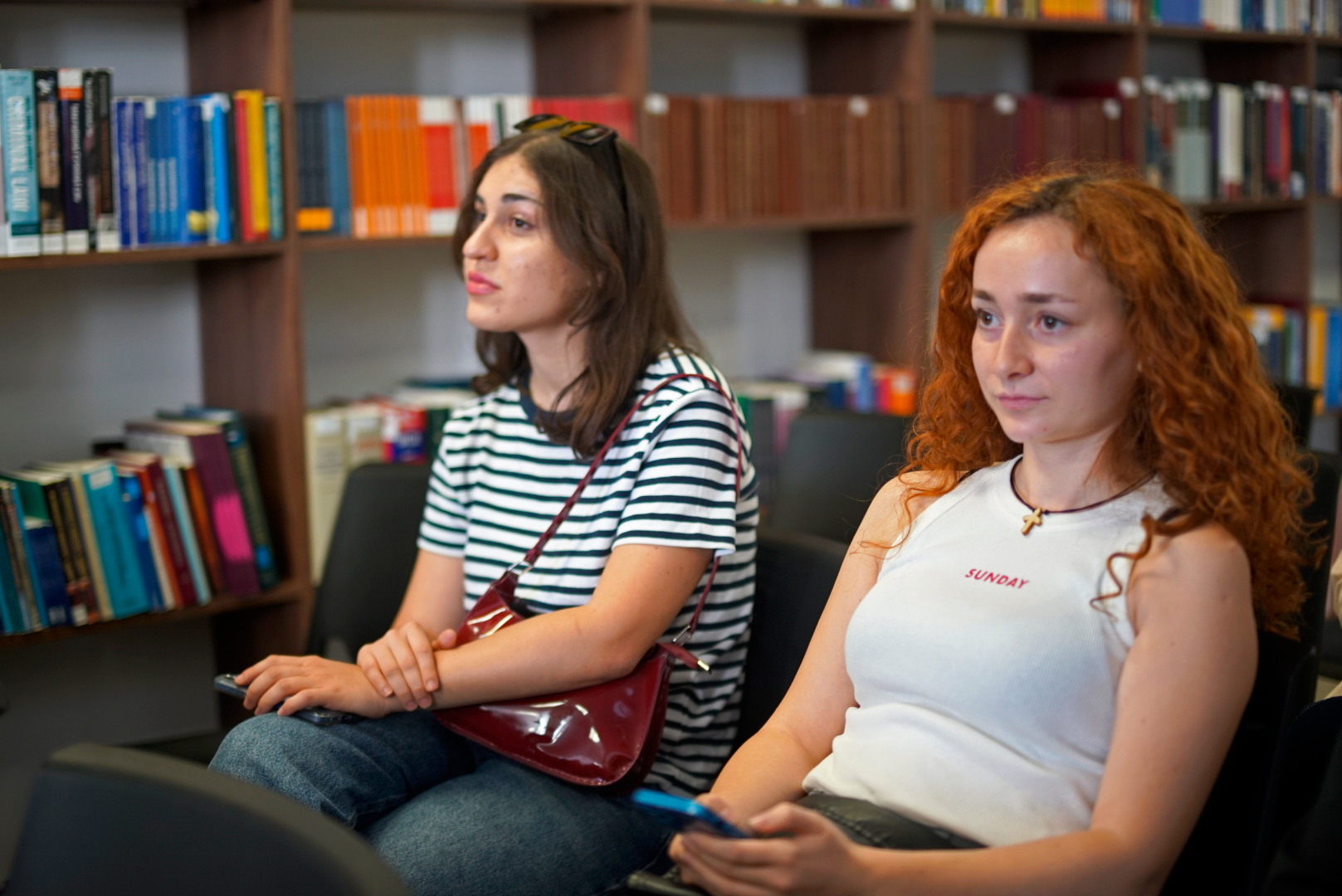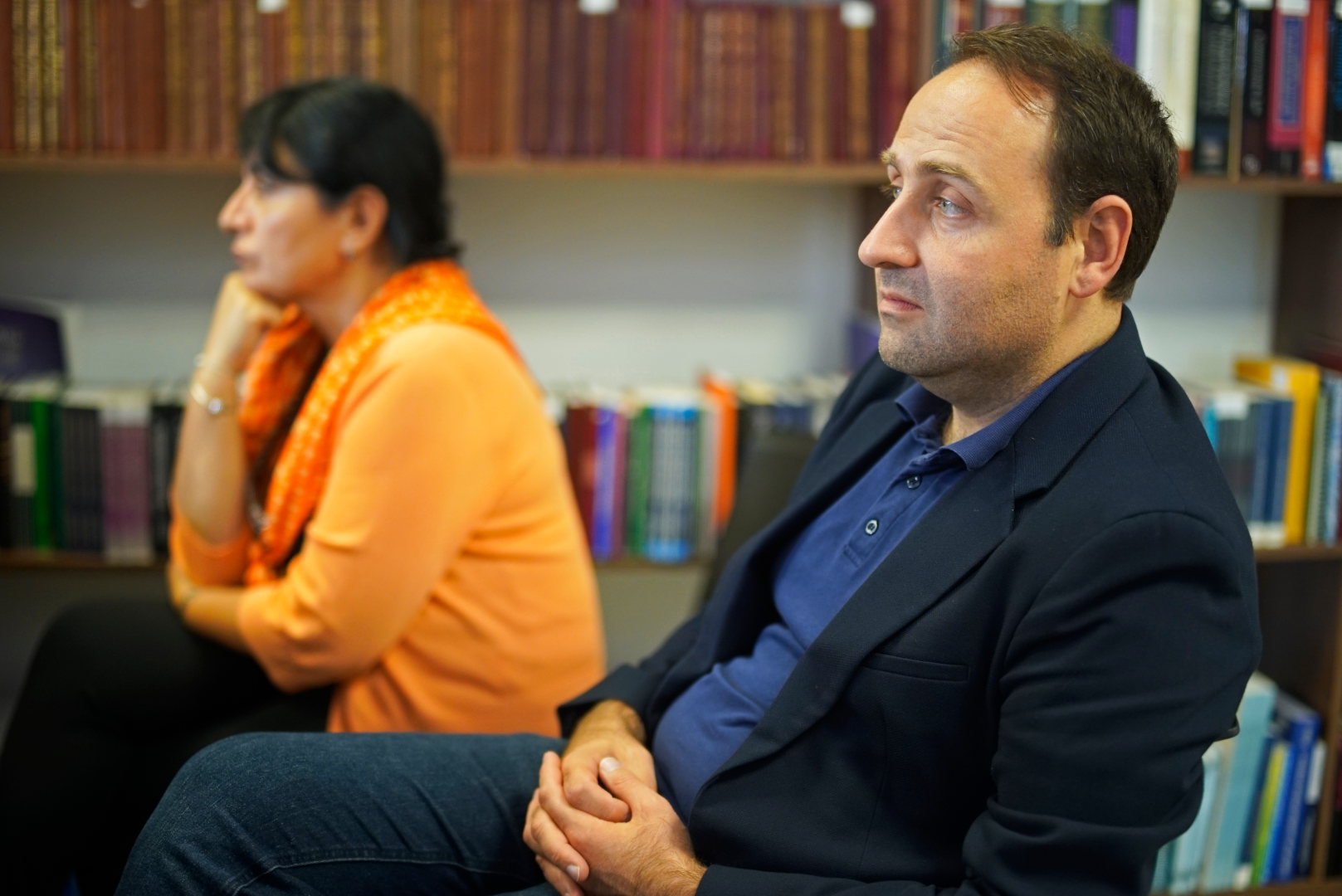On September 22, a public lecture by Tatia Mtvarelidze was held at Caucasus University - "Unknown Historical Sources about Georgia Discovered in the Archives of the Vatican and Athens."
Archives of various European countries have preserved a large amount of material from Georgia’s historical past. These documents clearly demonstrate Georgia’s European orientation and the rich tradition of centuries-old Georgian-European relations.
For centuries, Greece and then Rome/Vatican were the main gateways for Georgia to consolidate its historically appropriate place in the common European space. Accordingly, Georgia’s connection with these two fundamental civilizational spaces acquires special significance in the history of Georgian-European relations.
Historical sources preserved in the archives of Greece and the Vatican contain unique information about the most important pages of our country's past. Despite the fact that many Georgian and foreign scholars have worked on issues related to Georgia in the archives of Europe, including the Vatican, thousands of historical sources preserved here are unknown and unexplored. In this regard, the Greek archives represent a space with majority unexplored and unpublished materials.
In 2025, Caucasus University Assistant Professor Tatia Mtvarelidze uncovered a number of previously unknown and important historical sources as a result of archival research conducted in the Vatican Propaganda Fide Archive, the Museum of the Liberation of Rome, the State Archives of Greece, and the Archives of Asia Minor in Athens.
Among them are:
- Letters of great Georgian figures (Sulkhan-Saba Orbeliani, Domenti Catholicos, King Kaikhosro, etc.),
- A previously unknown Greek translation of Georgievsk treaty,
- Greek-language sources reflecting the history of Georgia in the 18th-20th centuries and other previously unknown materials.
During the lecture, the audience had the opportunity to familiarize themselves with previously unknown, unpublished unique documents preserved in the archives of the Vatican, Rome, and Athens, which present Georgian-European relations from a new perspective.

